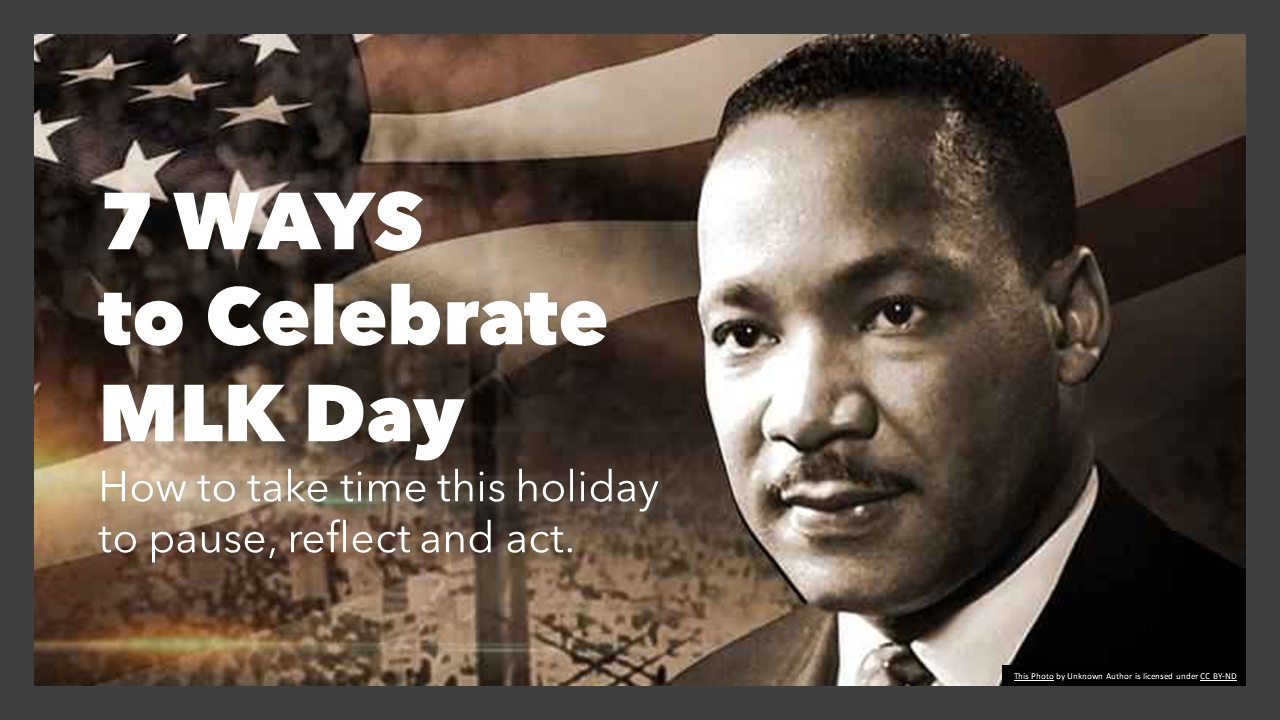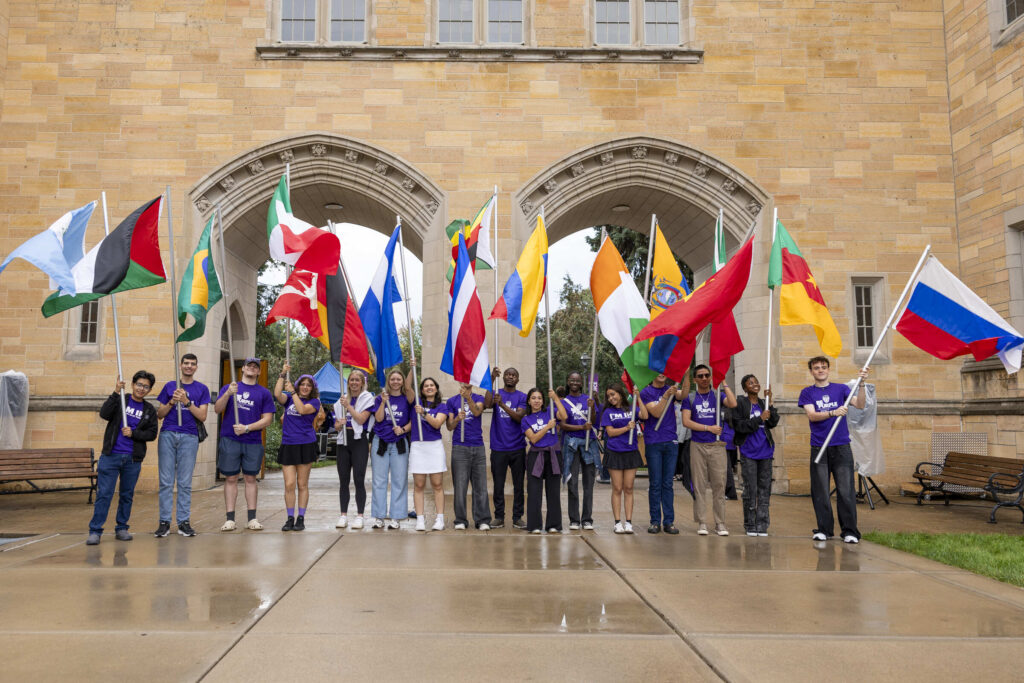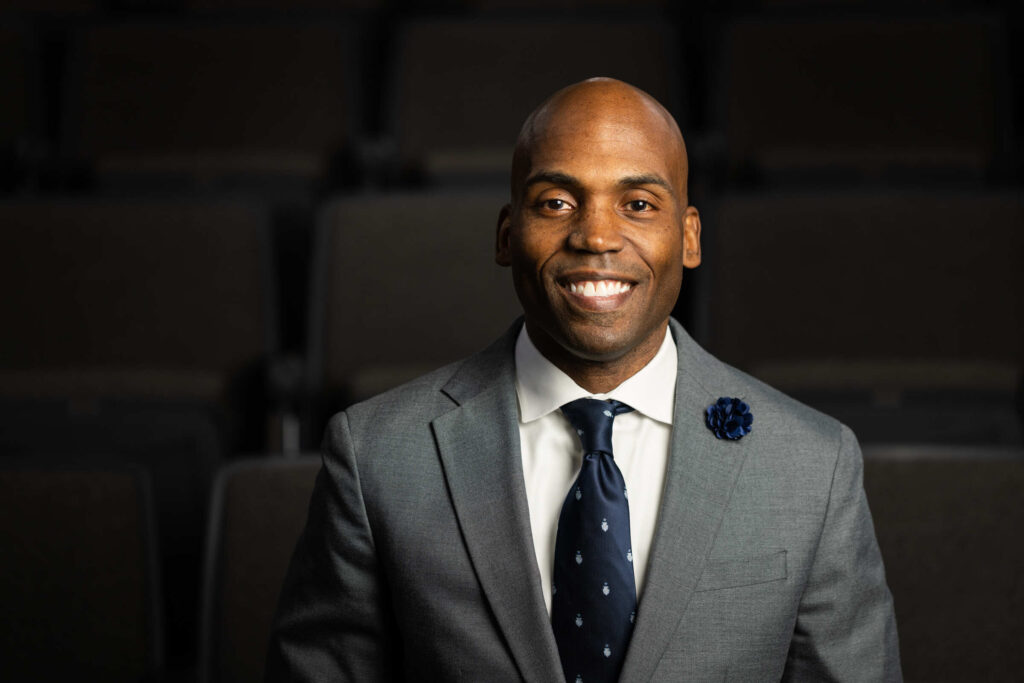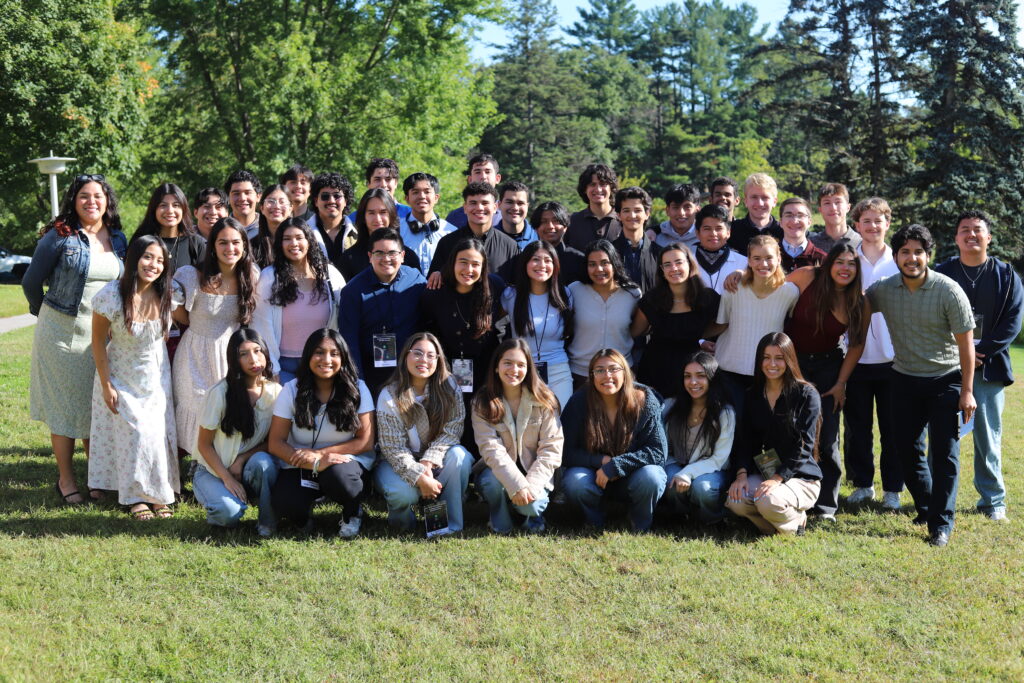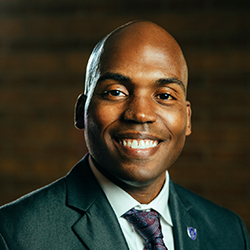
Dr. Yohuru Williams
As Americans continue to confront issues of systemic racism in the United States, the holiday commemorating Martin Luther King Jr.’s birthday can be a good time to pause, reflect and act , said Dr. Yohuru Williams, founding director of the Racial Justice Initiative at the University of St. Thomas. Williams encouraged people to take the day to explore, learn and grow.
He recommended the following seven ideas to consider implementing on MLK Day and beyond.
1. Watch a documentary that looks at the historical roots of racial injustice or African American history. Begin your search here with “12 Free Documentaries and Shows about Black History and Racism in America.” If you live in Minnesota, he also highly recommended “Jim Crow of the North.”
2. Read articles and resources that help define systemic racism.
- “What Is Systemic Racism?” video series from the nonprofit Race Forward
- “Definition of Systemic Racism in Sociology Beyond Prejudice and Micro-Aggressions” article by Nicki Lisa Cole, June 11, 2020
- Talking About Race toolkit from the National Museum of African American History
3. Attend a virtual event celebrating Black history, such as “Acting on Dr. King’s Call,” a Minnesota Historical Society program that Williams will be moderating. This free event will be livestreamed on Monday, Jan. 18, from 4:30-5:30 p.m. on Facebook and YouTube. It explores how Black Minnesotans have refused to normalize injustice and inequality and are responding today with action, innovation and persistence.
4. Take part in the University of St. Thomas Student Diversity and Inclusion Services 21-day challenge. It includes 21 things to do to broaden an understanding of racial justice.
5. Look for a service project that specifically addresses housing or food insecurity. Williams said King highlighted these areas where people can make an impact. He agrees with the recommendation of the University of St. Thomas’ Center for the Common Good to consider a more long-term commitment instead of a one-time event because it allows for deeper learning. Reach out to Keystone Community Services and Catholic Charities for volunteer opportunities.
6. Support Black-owned businesses. Spending money to support Black businesses is a tangible way to directly have an impact.
7. Spend time in honest reflection with family. This may seem like a simple way to spend the day, but King was a family man and his commitment to social justice came from a belief in the elevation of the family.
“Spending time with one's family in reflection on issues of racial justice is important because it allows for family units to model concern for these issues and, through earnest dialogue and conversation, to decide on and make a commitment to actions that can contribute to change.” Williams said. “Just taking some quality family time to talk through the last year and develop a sense of clarity about what it means to take a stand for racial justice and equity can ultimately impact the way individuals show up in conversations about racial justice in other areas of their lives from the boardroom to the schoolyard, and at the polls. This is also essential to promoting real change.”
